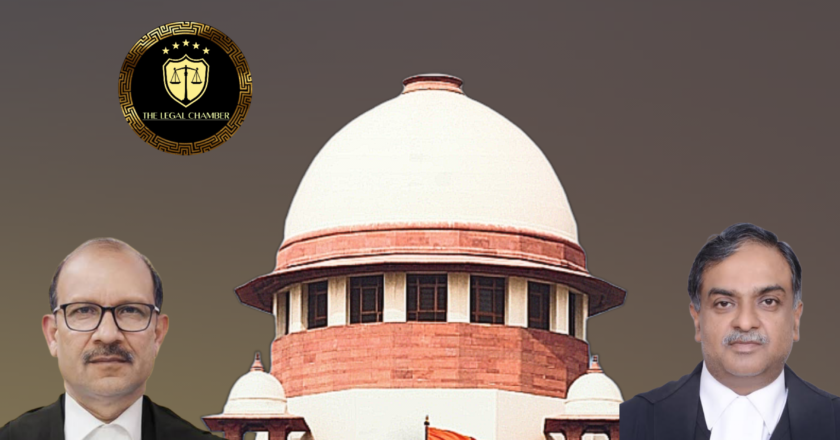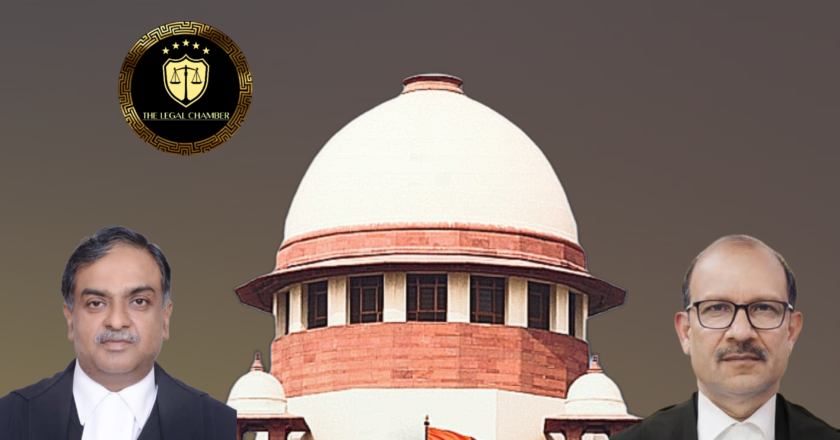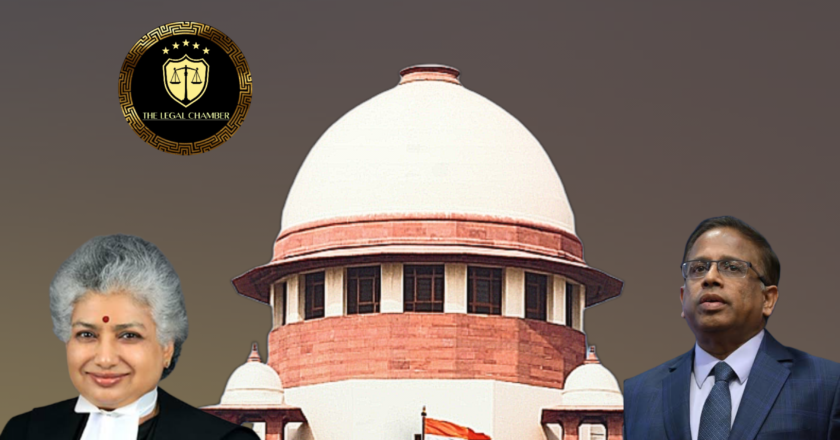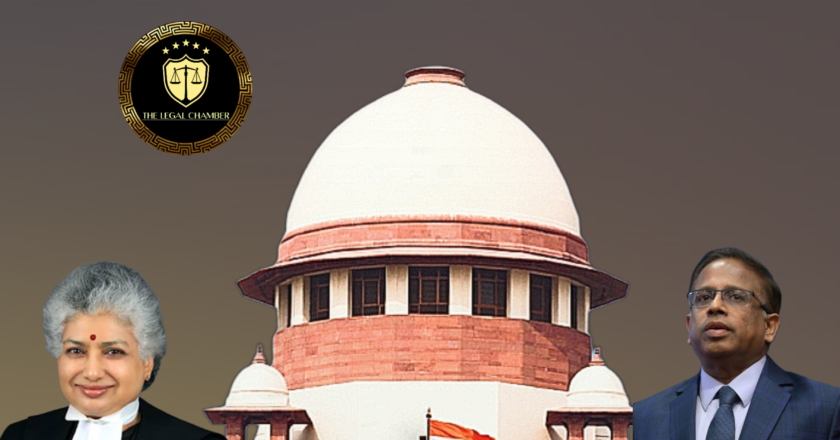Divorce Final, But Alimony Increased: Supreme Court Orders Doctor to Pay Engineer-Turned-Lawyer ₹50 Lakhs
The Supreme Court enhanced permanent alimony from ₹15 to ₹50 lakhs, balancing the husband's capacity to pay against the wife's qualifications and potential to earn. The ruling underscores that alimony is not merely sustenance but must provide financial security commensurate with the marital standard of living.
Facts Of The Case:
The case involves an appeal by the wife, M.V. Leelavathi, against a Karnataka High Court order that upheld the dissolution of her marriage to Dr. C.R. Swamy on grounds of cruelty and confirmed a permanent alimony award of ₹15,00,000. The couple married in February 2009 and the marriage remained childless. The husband, a doctor, filed for divorce in 2011 alleging mental cruelty. The wife contested the petition and filed a counterclaim for restitution of conjugal r...




